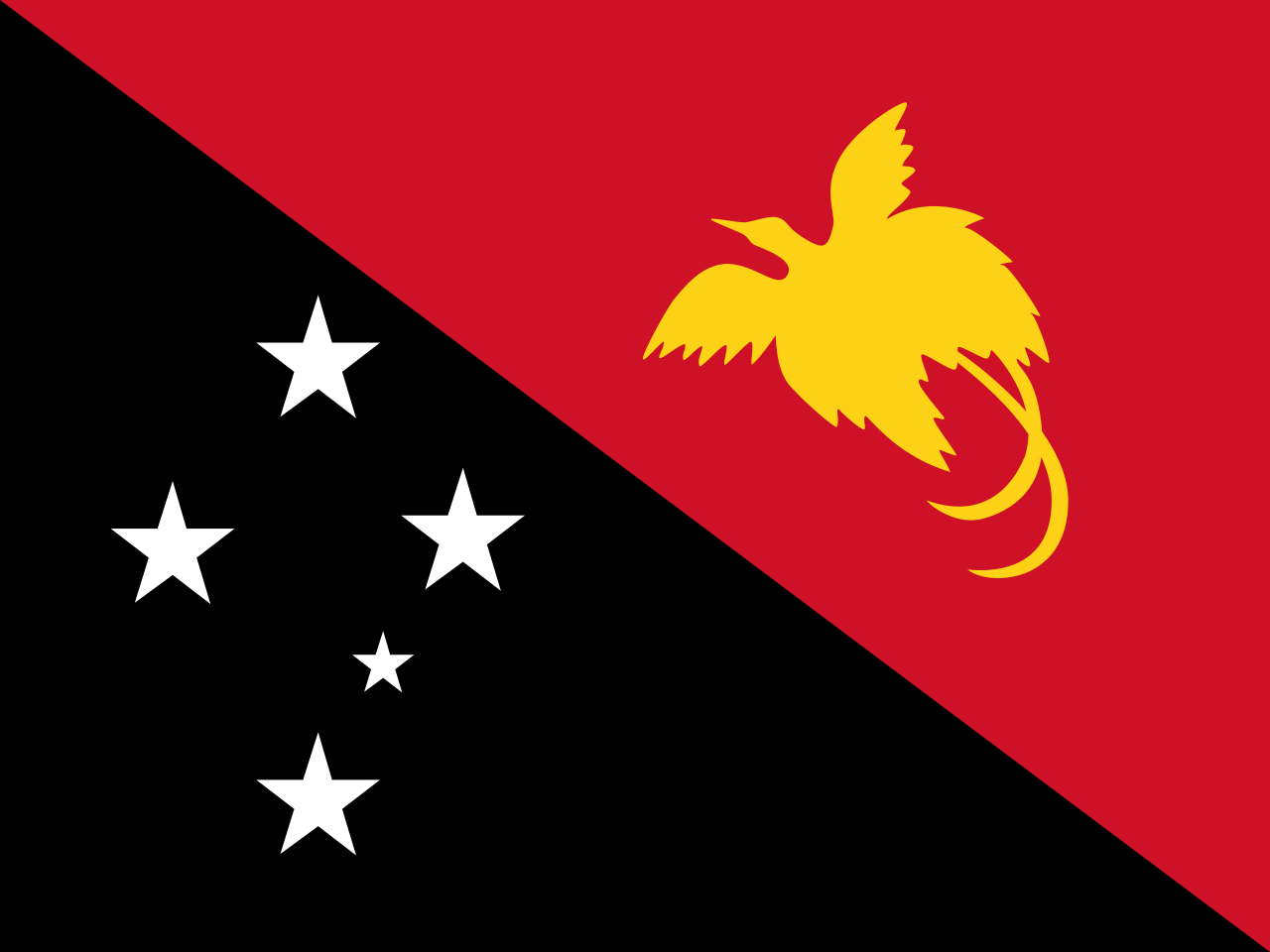Covanee Journey – Papua New Guinea I
Covanee Journey – Papua New Guinea I
With Papua New Guinea (PNG) being one of the main countries that we do business with, we have to talk about the country when we talk about Covan’ee.
PNG to most is an island paradise smack in the middle of the South Pacific. With great beaches, undiscovered surfing points, world renown coral reefs, World War II relics, hiking tracks and sport fishing just to name a few, the country with its diverse flora and fauna is a great vacation spot. But this is just the outer most epidermal description of the country. With its history as a colony for multiple different countries, then gaining its independence in 1975, its diverse culture and languages (over 820 distinct languages), and its rich natural resources are just a few of many factors that influence how we perceive the country as a whole. In a later post we hope to introduce some of the more beautiful aspects that makes PNG all the more attractive.
As Covan’ee does business with PNG, we feel that the biggest factor that comes into play is the fact that PNG gained its independence only a short few decades ago in 1975. We believe that some of the laws in the country have to be tested and moderated to insure a smoother business experience, which encourages entrepreneurship and growth.
 As of now, we believe the biggest detriment to the country is that the current system of land tenure and laws concerning land in PNG. When the Australian government withdrew from PNG in 1975, it left a legacy called the Customary Land Title (CLT). Under this form of tenure, which covers about 97% of the total land available, the traditional lands of the indigenous peoples have some legal basis to inalienable tenure. Which in turn in simpler terms mean that for one to do business in PNG, one has to bid for the costly 3% within the city limits on a 99 year government lease, or wade through the arduous bureaucracy of dealing with not just one person but a tribe full of ‘owners’ to gain hold in the CLT.
As of now, we believe the biggest detriment to the country is that the current system of land tenure and laws concerning land in PNG. When the Australian government withdrew from PNG in 1975, it left a legacy called the Customary Land Title (CLT). Under this form of tenure, which covers about 97% of the total land available, the traditional lands of the indigenous peoples have some legal basis to inalienable tenure. Which in turn in simpler terms mean that for one to do business in PNG, one has to bid for the costly 3% within the city limits on a 99 year government lease, or wade through the arduous bureaucracy of dealing with not just one person but a tribe full of ‘owners’ to gain hold in the CLT.
Furthermore, the CLT situation hampers the government in developing the necessary infrastructure such as highways, power lines and phone lines due to the fact that these infrastructures have to pass through CLT. Thus invoking a situation that calls for a complex quagmire like condition when compensating for the land used.
It was this factor that ultimately forced us to withdraw from the country in 2009. Though we had land available in Kupdui village with the Saremo family, the land was not connected to the national electric grid nor to any significant road system. Thus forcing us to find a base of operations within the city of Madang. However, with many businesses, especially the new Chinese immigrants competing for 3% of the land, at that time, we could not find a suitable place with a reasonable price to start our business at. Thus our retreat from PNG.
These factors and some that we will come across in later posts forced us to withdraw and build our distribution network through Mr. Nafian Saremo. All these factors makes the distribution pipeline we have set up that much more valuable. To buy and trade vanilla beans directly from the local growers is next to impossible without the connections that we were able forge from the 1986.
We hope you come over again as we start to get into the details of our journey.
Cocoa, Vanilla and Coffee
Covan’ee…
Disclaimer : As we write these articles it pains us when we have to reveal some aspects of PNG that is a little unsavoury. However, as PNG lovers, we feel confident that the truth will force us to acknowledge that there is a problem and set us on a path in correcting it.

